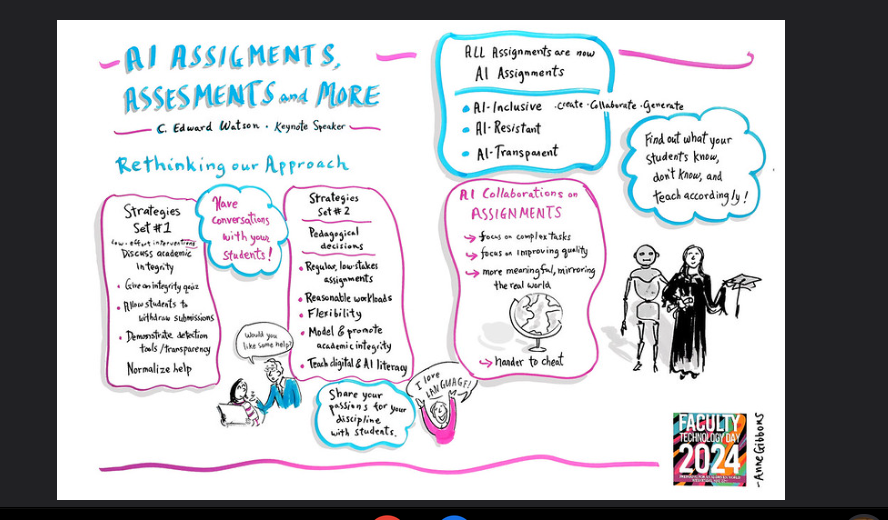
What are AI Writing Assistants?
https://rytr.me/blog/role-of-ai-copywriting-tools#which-ai-writing-assistant-is-best-for-menbsp
AI writing assistants are cutting-edge tools that aid in the writing process. Initially, these AI-powered writing tools focused on mundane tasks like editing, grammar checks, and spell-checking. However, with advancements in AI language models such as GPT-3, these assistants have evolved to generate article ideas and even craft full-length blog posts.
An AI writing assistant serves as a valuable tool in the writing process, but it’s crucial to note that it doesn’t replace human editors entirely. These AI-powered writing tools offer several advantages: they’re available 24/7, can work with various text types, and can be customized to meet specific needs. However, one potential drawback is that AI writing assistants may not match the nuanced writing capabilities of skilled human writers.
The Impact of AI Assistants on Writing
AI writing tools are poised to revolutionize content creation. These advanced AI assistants can swiftly generate and provide samples for diverse writing styles, from poetry to marketing copy. As AI-powered writing assistants continue to evolve, their role in the writing process will become increasingly significant.
Imagine having a team of AI writing tools at your disposal, ready to assist with emails, blog posts, or even novel writing. This future of AI-assisted writing is rapidly approaching, promising to streamline the content creation process. Understanding the best practices for external links can help writers effectively integrate AI-generated content with human-curated sources.
The Future of Professional Writers in the Age of AI
As AI writing assistants become more sophisticated, questions arise about the future of professional writers. However, rather than spelling the end for human writers, AI-powered writing tools are likely to enhance their capabilities. Writers who adapt and embrace AI writing assistants will find themselves better equipped to focus on their strengths while leveraging AI for routine tasks.
AI writing tools will handle spelling and grammar checks, freeing writers from time-consuming editing processes.
These AI assistants will not only aid in writing but also foster creativity.
While AI won’t write entire articles independently, it will serve as a valuable tool in the writing process.
Pros and Cons of Using AI Writing Assistants
Before integrating AI writing tools into your workflow, it’s essential to understand their advantages and limitations:
Pros of AI writing assistants:
Multitasking: Work on other tasks while AI generates content
Professional output: Produce more polished-sounding articles
Topic generation: Leverage AI’s machine learning for idea creation
Cost-effective: Often cheaper than hiring human writers
Cons of AI writing assistants:
Lack of human touch: AI may not replicate the unique style of human writers
Context limitations: AI might struggle with nuanced contextual understanding
When to Utilize AI Writing Assistants
AI-powered writing tools are becoming increasingly prevalent in workplaces due to their numerous benefits. These AI writing assistants not only save time and effort but also maintain a level of quality that can be challenging to achieve consistently with human writers alone.
AI writing tools excel in scenarios where content doesn’t require immediate publication and when human oversight is available to ensure output quality. For instance, you could employ AI assistants to generate blog post ideas or create “seed posts” that you can later refine and expand upon. Implementing external link strategies can further enhance the credibility and reach of AI-assisted content.
Tips for Integrating AI Writers into Your Workflow
Incorporating AI writing assistants into your content creation process can significantly boost productivity. These AI-powered tools can help source relevant information, suggest content ideas, and even generate custom content.
Many companies are now integrating AI writing assistants into their workflows. For example, Grammarly’s AI assistant automatically checks grammar and spelling in uploaded documents, saving time for both companies and individuals. This integration not only catches errors but also identifies areas for improvement in your writing.
AI writing tools can be utilized across various platforms, including Microsoft Word, Google Docs, and G Suite, making them versatile additions to any writing workflow. By enhancing site authority through external links, writers can further optimize their AI-assisted content for search engines and readers alike.
Choosing the Right AI Writing Assistant
While there isn’t a one-size-fits-all AI writing tool, different assistants excel in various aspects of the writing process. For instance, Grammarly focuses on grammar, spelling, and punctuation checks, even offering plagiarism detection. On the other hand, tools like Rytr specialize in generating new ideas and creating content from scratch.
To find the best AI writing assistant for your needs, consider exploring a detailed comparison of AI copywriting software. This will help you understand the differences between various AI writing tools and choose the one that best fits your specific requirements.